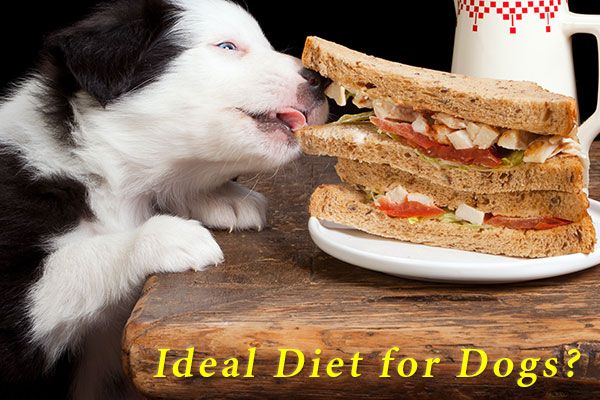You love to shower your pet with lots of quirky treats. It is your adoration for all his little jigs and a way to appreciate his naive acts. And the pet just drools over those extra doses of cute little feeds. However, it is not always a good idea to keep giving munches to your pet as it may result in weight gain and other canine health problems. It is said that treats should form only 10% of the pet’s diet. In addition, not every food is healthy for your pup. So, it is important to be selective about what you feed to your pet dog.
Factors that decide the type and quantity of pet feed are:
- Age of the pet
- Weight of the pet
- Activity level of the pet
Every pet parent must consider all these factors while forming the food habits of their pet. Again, your vet is a sure shot encyclopedia for your pet’s diet routine. Moreover, dog’s current health condition should be kept in mind before giving him his favorite dishes. Instead of giving him anything and everything, just try to prepare a well balanced diet to your four-legged companion.
A balanced diet with all the nutrients required for canine health is ideal for any pet. Put an effort to give a mix of canine vitamins, minerals, proteins, fats, carbohydrates and essential fatty acids. In addition, it is highly important to give enough water to your pet. It will help to keep away general illness by flushing out toxins. It is the best way to keep your pet hydrated and fresh.
You can personalize your pet’s diet. Let us see how:
Age: If you have an aging pet then chart out his food requirements as per his health condition. Nutrients and joint supplements should be an inevitable part of the elderly pets.
If he is just a pup then give him food that helps in his growth like canine vitamins, minerals, nutritional supplements and more.
For a young lad, give everything that keeps him fit, agile and happy. Keep an account of the calorie count though. Make sure you give healthy food and not just fatty substances.
Weight of the pet: If your pet is a young chap with some additional weight then the first thing to keep a cut on is his food. Extra pounds will be of no good to him in the end. Instead, it will hamper his flexibility and activity. So, just trim down on his calorie intake and feed him healthier options.
Give him treats that are full of proteins. Avoid excess carbs and fatty food. Along with this, you have to take him for exercise, walks or swimming sessions. Ask your vet about the kind of food that ascertains canine health and not make them obese.
Activity level of the pet: Pups are a bundle of enthusiasm, agility and excitement. They run around places, hop in your lap and just cannot sit idle. Now, as they do lot of physical activity, they will have more hunger pangs as the body demands lot of energy. Thus, frequent feeds are important for them.
If you have a laid-back pooch who is a philosopher types then there is no point feeding him extra doses of food. If your four-legged friend is moderately active then just go for something that is calorie free yet contains all the canine vitamins to keep your pet healthy and happy.
Keeping all these considerations in mind, you can formulate the finest diet for your pet. Discuss it with your vet and make changes if needed. This way, you are ready with a full proof plan to gift optimum canine health to your pet.





